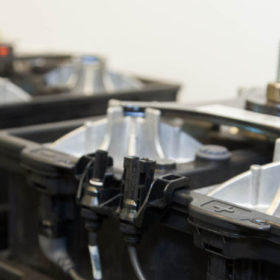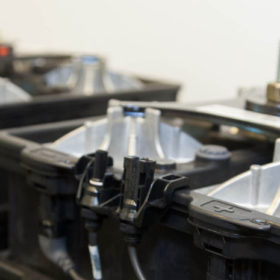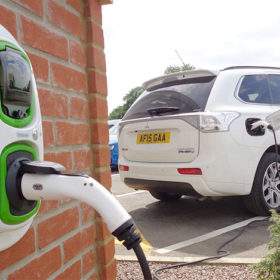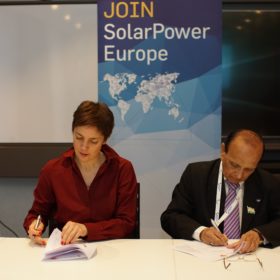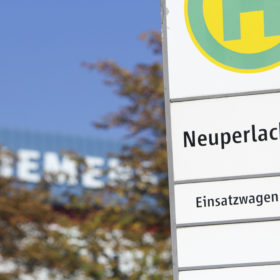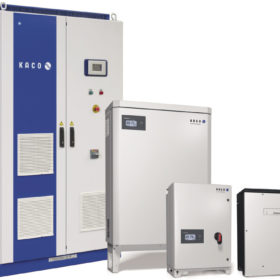Storage set to come of age in the next five years
The transition for utility scale storage from offering short duration, high value grid services to the world of long duration energy peaking could spell the end of fossil fuel backup generation within five years.
MNRE issues guidelines for solar storage batteries to meet quality standards
Rules on the composition of product containers, production line sample sizes for testing and technical information will come into force for manufacturers and distributors operating across the nation.
India gets access to Bolivia’s lithium for EV batteries
Bolivia will provide India with access to its lithium carbonate, and also facilitate joint ventures for lithium battery/cell production plants in India. The partnership will provide a major fillip to India’s ambitious e-mobility plans.
The big read: Equipment suppliers’ solar storage synergy
As lithium-ion battery sales boom, suppliers of equipment for manufacturing photovoltaics are branching out into the storage industry. Are these ventures leading them to bankruptcy or to a breakthrough in storing solar energy?
Avanze setting up 1 GW Lithium-ion cells plant in Andhra Pradesh
Delhi based Avanze Inventive will set up the Lithium-ion cells manufacturing unit in the state of Andhra Pradesh with the help of the Andhra Pradesh Economic Development Board (APEDB). The plant, with total size of 1 GW, will entail a total investment of Rs 1800 crore (US$ 256 million).
Li-ion cells face doubled import duty from April 2021
In a move to promote indigenous manufacturing, the government has doubled the basic import duty on lithium ion cells—used in manufacturing of lithium ion accumulator for EVs—to 10 per cent from April 2021. Battery packs used in manufacturing electric vehicles face tripled import duty of 15 per cent as against the current 5 per cent.
SolarPower Europe and NSEFI sign MoU on solar cooperation
Brussels-based SolarPower Europe and the National Solar Energy Federation of India (NSEFI) have signed a Memorandum of Understanding (MoU) for cooperation on operation & maintenance (O&M), installation quality, digitalisation and storage.
Cabinet approves five-year plan for EV battery manufacturing
Aiming to localize production across the electric vehicle value chain, the government will support battery manufacturing at a gigawatt-scale. The initial focus will be on large-scale module and pack assembly plants by the next fiscal year, followed by integrated cell manufacturing by 2021-22.
Analysis: Siemens’ move for Kaco unlikely to threaten Indian jobs
The German giant – which manufactures central inverters near Mumbai – announced plans last week to acquire Kaco and start a new smart infrastructure business from April 1. In light of those moves, pv magazine spoke to IHS Markit’s Cormac Gilligan about the new kid, albeit huge, on the block.
Siemens bids to take over fellow inverter maker Kaco
The German powerhouse – which makes central inverters for PV projects in India – wants to complete the acquisition by July. Indian employees will be hoping target company Kaco’s disposal of its central inverter operation last month will avert job losses by removing any potential overlap between the manufacturers.
